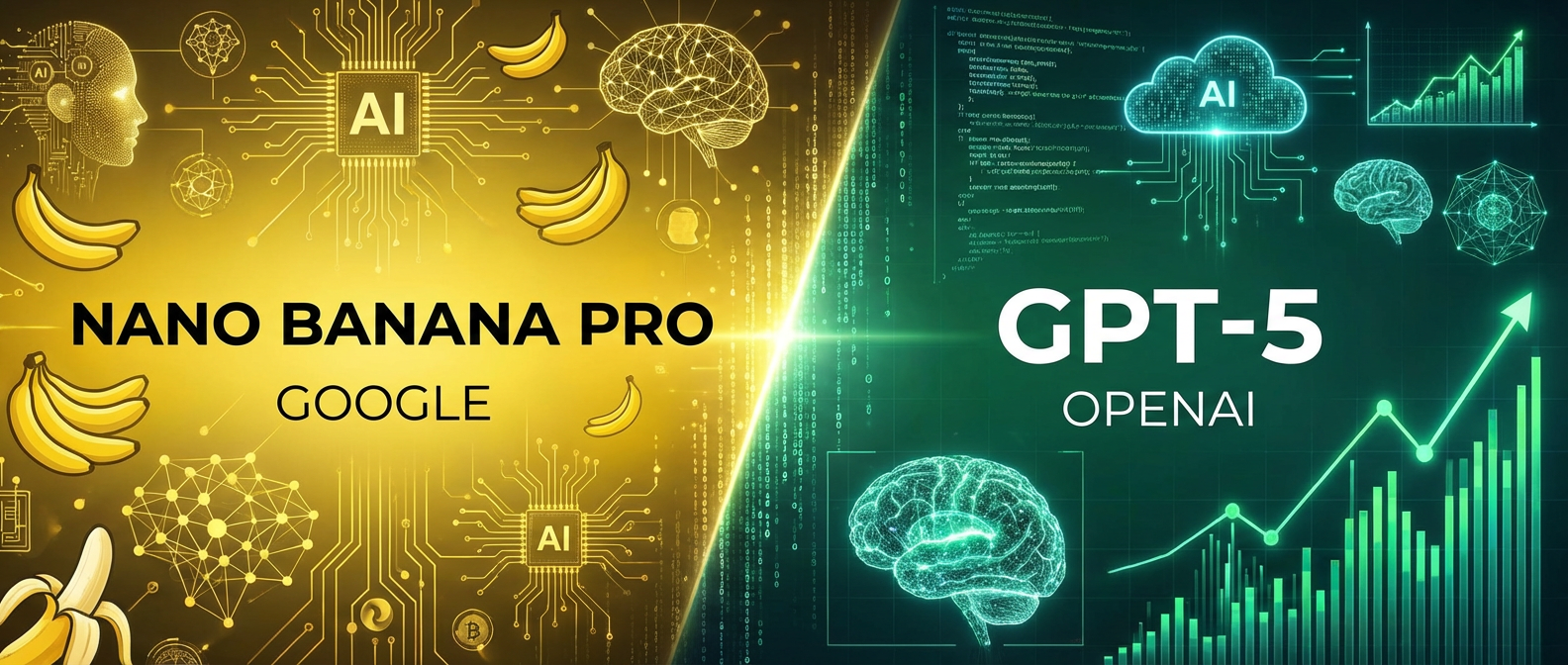The intersection of artificial intelligence (AI) and medical coding is a hot topic, raising questions about the future of medical coding jobs. While AI offers many advantages, such as increased efficiency and reduced error rates, it is unlikely to completely replace human medical coders. This article delves into the current state of AI in medical coding, its potential impacts, and why human expertise remains essential.
AI in Medical Coding: Current Capabilities
AI systems, particularly those utilizing Natural Language Processing (NLP), can analyze vast amounts of medical data quickly and accurately. Several AI-driven tools have emerged to assist in medical coding:
Cerner Code Assist: This tool suggests codes based on patient documentation, integrating seamlessly with electronic health records (EHRs). Learn more about it at Outsource Strategies International.
3M CodeFinder Software: Utilizes AI to automate coding tasks by analyzing medical documents and suggesting accurate codes. You can find information about it at Data Science For Bio.
Elsevier’s ClinicalKey: Helps medical coders by analyzing clinical documentation and suggesting appropriate codes using NLP and machine learning.
Optum360 EncoderPro.com: Employs advanced algorithms to provide real-time coding suggestions, enhancing accuracy and efficiency.
TruCode: Offers machine learning-based suggestions to optimize coding workflows and improve financial performance.
Athenahealth’s AthenaCollector: Supports medical coding by analyzing EHRs and providing coding suggestions, streamlining claim processing.

Will AI Replace Medical Coders?
Despite the advanced capabilities of AI, answer is no. And those following factors suggest that medical coders will not be entirely replaced by AI:
Complexity and Nuance
Medical coding involves interpreting complex and nuanced medical records. AI can struggle with contextual understanding and the subtleties of human language that are often critical in medical coding. Human judgment is essential to accurately resolve ambiguities and ensure compliance with ever-evolving coding guidelines (Outsource Strategies International) (Data Science For Bio).
Evolving Healthcare Regulations and Communications
Healthcare regulations and coding standards change frequently. Human coders possess the adaptability and critical thinking skills necessary to navigate these changes effectively, a trait AI currently lacks. Effective communication with healthcare providers is crucial for clarifying documentation and ensuring accurate coding. This level of interaction and collaboration is something AI systems cannot replicate.
How Medical Coders Can Adapt
Embrace AI as a Tool (and Learn How to Use It)
Medical coders should view AI as a complementary tool rather than a threat. By integrating AI-driven solutions into their workflow, they can enhance their efficiency and focus on tasks that require human expertise (Outsource Strategies International).
Enhance Technical Skills & Develop Critical Thinking
Coders should develop proficiency in coding languages and familiarize themselves with EHR systems to effectively utilize AI tools. This technical know-how will enable them to adapt to evolving technologies You may get more information about that on Data Science For Bio.
While AI excels in data processing, human coders bring critical thinking and analytical skills to the table. These abilities are crucial for interpreting medical documentation accurately and ensuring comprehensive coding solutions.
Commit to Continuous Learning
The healthcare landscape is dynamic, with new technologies and regulations emerging regularly. Medical coders should commit to lifelong learning, staying updated with industry developments and pursuing relevant certifications to remain competitive (Data Science For Bio).

The Future of Medical Coding
The future of medical coding lies in a collaborative approach between humans and AI. AI can handle routine tasks and data processing, allowing human coders to focus on more complex and nuanced aspects of the job. This synergy can lead to greater efficiency, accuracy, and improved patient care.
Writingmate: Integrating Multiple AI Models
For those interested in leveraging the latest AI technologies, Writingmate offers a unique platform that integrates multiple AI models, including GPT, Claude, Mistral, and LLama. This platform allows users to harness the power of top AI models for various applications, including generating images and enhancing productivity. Link: https://writingmate.ai
Conclusion
In conclusion, while AI holds significant potential to transform medical coding processes, it is unlikely to fully replace medical coders. The nuanced nature of medical coding, combined with the critical importance of human judgment and communication skills, ensures that AI will serve as a valuable tool rather than a substitute. By embracing AI, enhancing technical and analytical skills, and committing to continuous learning, medical coders can secure their roles in the evolving healthcare landscape.
For detailed articles on AI, visit our blog that we make with a love of technology, people, and their needs. We post about medicine, health and niche professions quite often. And I often write tutorials on how to begin using AI tools to automate your work and to make your day-to-day tasks simpler.
See you in the next articles!
Antos
Written by
Artem Vysotsky
Ex-Staff Engineer at Meta. Building the technical foundation to make AI accessible to everyone.
Reviewed by
Sergey Vysotsky
Ex-Chief Editor / PM at Mosaic. Passionate about making AI accessible and affordable for everyone.



